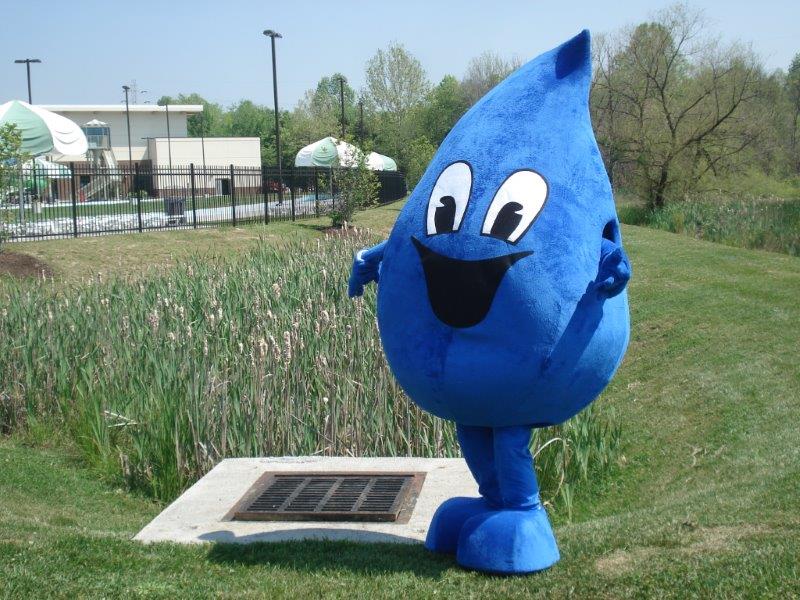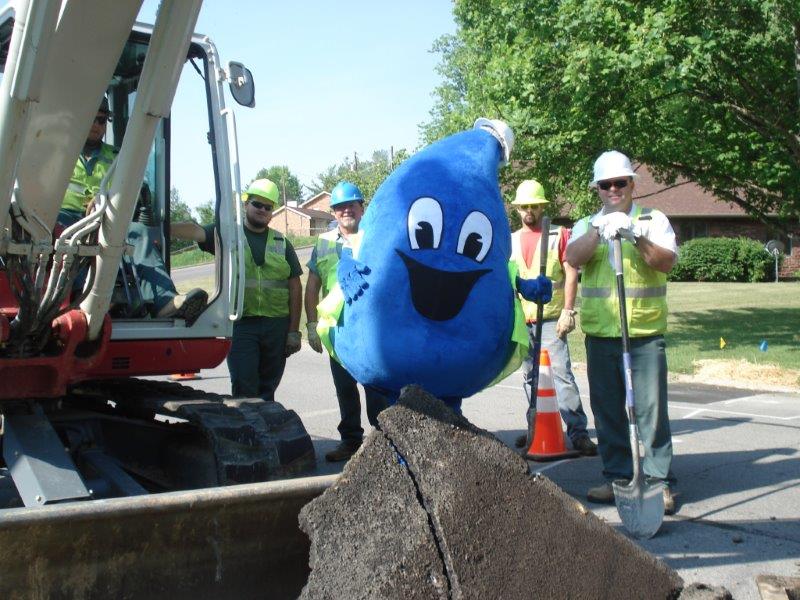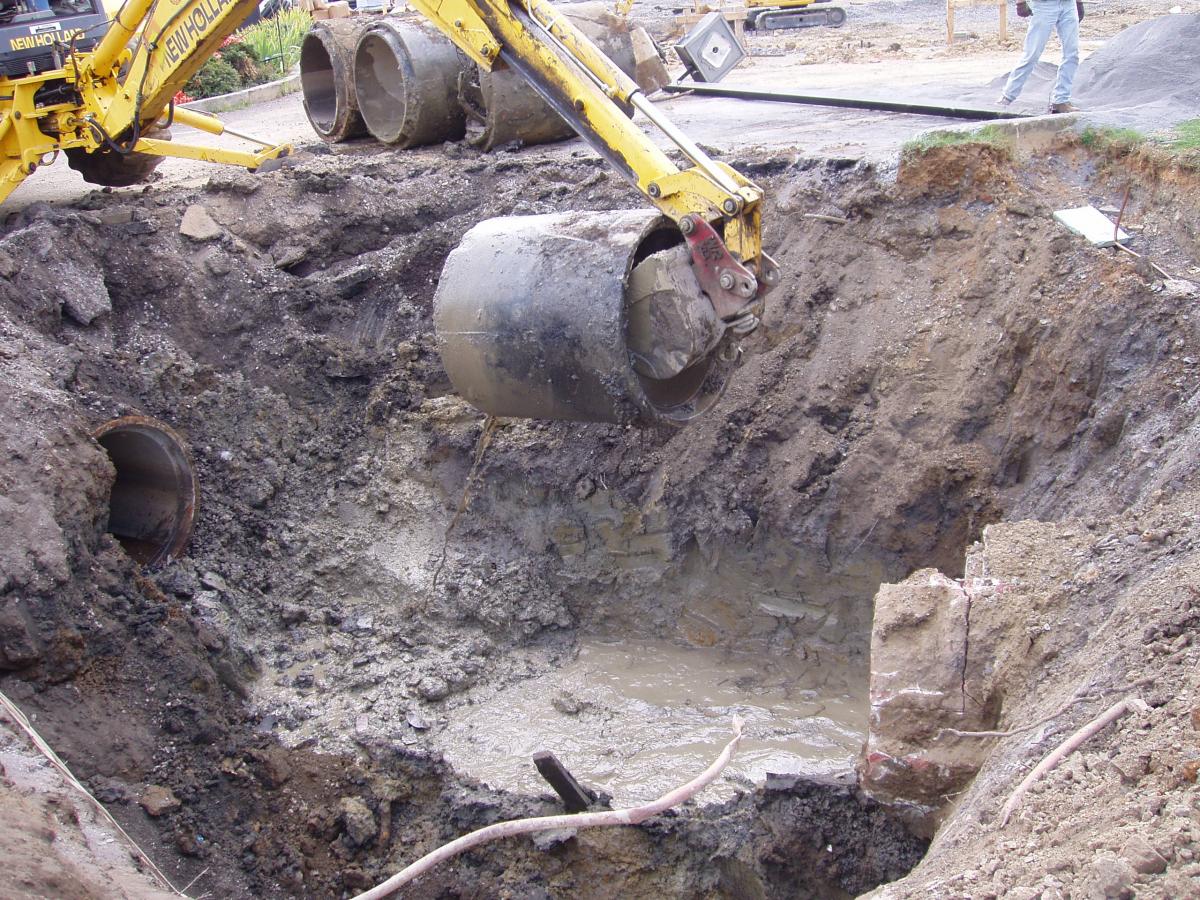Stormwater Services
The City of Kingsport Stormwater Services Division maintains ditches, culverts, catch basins and storm sewers that are located within the public right-of-way or public easements. The city also regulates the effects of stormwater runoff from new development; and is responsible for the water quality of natural streams within its jurisdiction as designated by the State and EPA.
Stormwater Resources
PERMITS
Construction General Permit
Kingsport Stormwater Permit
ORDINANCES
Enforcement Response Plan
Stormwater Management Ordinance
Stormwater Utility Ordinance And Resolution
MANUALS
Erosion & Sediment Control Handbook
Stormwater Management Manual
OTHER
Standard Operating Procedures
Water Quality Scorecard
Stormwater Management Plan
Stormwater FAQ
What is stormwater runoff?
Stormwater runoff is the water that flows off roofs, driveways, parking lots, streets and other hard surfaces during rain storms. Stormwater runoff is also the rain that flows off grass surfaces and wooded areas that is not absorbed into the soil. The runoff that is not absorbed into the ground pours into ditches, culverts, catch basins and storm sewers. It does not receive any treatment before entering the streams and lakes.
What is stormwater pollution?
Water from rain or melting snow either seeps into the ground or “runs off” to lower areas, making its way into streams, lakes, and other water bodies. On its way, runoff water can pick up and carry many substances that pollute water. Examples of common pollutants include fertilizers, pesticides, pet wastes, sediments, oils, salts, trace metals, grass clippings, leaves and litter. Stormwater polluted runoff can be generated anywhere people use or alter the land, such as farms, yards, roofs, driveways, construction sites, and roadways.
Why is stormwater runoff a problem?
As precipitation falls on agricultural and undeveloped areas, it is primarily absorbed into the ground or slowly runs off into streams, rivers or other water bodies. However, development resulting in rooftops and paved areas prevent water from being absorbed and create a faster rate of runoff. This development often causes localized flooding or other water quantity or quality issues. In addition, stormwater can carry harmful pollutants, cause flooding, erode topsoil and stream banks and destroy habitats.
Why do we need to manage our stormwater runoff?
Stormwater runoff needs to be managed just as any other natural resource. First, it is needed to maintain the quality of our natural watercourses as drinking water supplies and for recreational activities such as swimming, fishing, water skiing, etc. Secondly, stormwater also needs to be managed to minimize damages that may occur when stormwater runoff exceeds the capacity of the pipes and open channels used to carry stormwater to our rivers and streams.
What is the city currently doing about these problems?
Historically, the city has performed maintenance of the stormwater collection system, which includes cleaning, repair and replacement of the city’s stormwater infrastructure. The city also regulates the effects of stormwater runoff from new development. Most recently, the Federal Government has mandated that all cities the size of Kingsport implement a series of programs and services to improve water quality.
Who owns the stormwater system?
Individual property owners. Currently, in most cases, the owner of record is the responsible party to accept, to maintain, to add and to discharge stormwater flows. These systems routinely cross Citymaintained property that is generally located within public street rights-of-way.
What is the city’s responsibility for stormwater?
The city is responsible for managing all aspects of storm water within its jurisdiction. The city operates and maintains drainage facilities that are located within the public right-of-way or public easements. The city is also responsible for the water quality of natural streams within its jurisdiction as designated by the State and EPA. The city does not maintain facilities that are located on private property or that fall under the jurisdiction of other governmental jurisdictions.
What are the goals of the city of Kingsport’s stormwater program?
The stormwater program focuses on reducing the potential for the loss of life or property due to flooding and improving and protecting the quality of our lakes, rivers and streams.
What are some examples of drainage problems?
Drainage problems may include roadway or structural flooding, clogged or failing underground pipes and culverts, stream bank erosion and stormwater pollution affecting a stream.
Why has city of Kingsport chosen to implement a separate fee for stormwater management?
By establishing a dedicated funding source through stormwater fees, the city can ensure that the revenue required to manage and to maintain this important system is available. A stormwater utility program will enable the city to take a more aggressive approach to stormwater management. The additional funds raised through the stormwater fee will allow the city to provide an increased level of system maintenance and repair that is necessary to support the aging infrastructure in Kingsport. In addition, the utility fees will enable the city to construct necessary capital improvement projects to reduce the risk to public health and safety. Finally, the fees will support the development of a comprehensive stormwater management and water quality improvement plan, as mandated by the Federal and State governments.
How did the city of Kingsport develop its stormwater utility program?
A citizens Stormwater Advisory Committee (SWAC) was formed to evaluate the current stormwater program and determined that a higher level of service was needed. The SWAC reached consensus on the recommendation for implementing a stormwater utility fee and presented the recommendations to the Board of Mayor and Alderman, which adopted the Stormwater Utility Ordinance in November 2011.
What is the basis for the fee that is charged?
The stormwater utility fee is based on the square footage of impervious surface area on your lot. The vast majority of utilities across the country have found this to be the most equitable way to charge and collect revenues for this program. A stormwater utility fee is similar to a water or sewer fee. In essence, customers pay a fee related to the amount of runoff generated from their site, which is directly related to the amount of impervious surface on the site.
What is impervious surface area?
Impervious surface area is any surface that does not readily absorb water and impedes the natural infiltration of water into the soil. In terms of the ordinance, it means the number of square feet of horizontal surface covered by buildings, and other impervious surfaces. Common examples include roofs, driveways, parking areas, sidewalks, patios, decks, tennis courts, concrete or asphalt streets, crushed stone and gravel surfaces.
Why do I have to pay a stormwater fee?
The City is responsible for compliance with new Federal and State regulations on water quality as well as providing stormwater management facilities and services. This includes installation and maintenance of storm drains, inlets, and ditches as well as ensuring State programs such as erosion and sediment control are provided on construction sites. All of these services are done to protect personal and public property as well as provide for a healthy environment. Funding is not provided by Federal or State government for these services.
When will the stormwater fee take effect?
The Stormwater Advisory Committee’s recommendations were formalized in an ordinance adopted in October 2011 (the fee was adopted in December 2011). Stormwater fees will be added to the City of Kingsport utility bill as a separate line item and be sent out starting in February 2012.
Why is there a stormwater fee instead of a tax?
A property’s value does not affect runoff, so property taxes are not the most equitable way to pay for stormwater services. For example, a high-rise building and a shopping mall may have similar value and pay similar property taxes. However, the shopping center produces more runoff because of the amount of parking and rooftops. The fee system ensures the shopping center pays a higher stormwater fee than the high rise.
Are tax-exempt properties also exempt from the stormwater fee?
No, because it is a fee – not a tax. Taxes are based on the value of the property. The stormwater fee is assessed based on the amount of impervious surface on the property (i.e. hard surfaces such as roofs, driveways and parking lots), which is directly related to the amount of runoff the property produces. The runoff generated by these impervious surfaces contributes to pollution and flooding problems and, therefore, all property owners should pay their share of the costs.
What is a Single Family Unit (SFU)?
A SFU is the average square footage of the impervious surface area (measured in square feet) for a single family residential property determined pursuant to the City’s ordinance. That amount is 3,794 square feet. The SFU was determined by performing detailed measurements of impervious surfaces contained on a sample of single family residential properties selected at random across all areas of the City. The resulting data was analyzed and the average impervious surface value for the data set determined the SFU value.
How will residential properties be billed?
Most single-family homes will be charged a rate of $3.50 each month. Since the Stormwater Advisory Committee has recommended a tiered rate system, very small homes and very large homes may pay slightly lower ($2.45 each month) or higher rates ($4.90 each month) respectively. If you are located in a non-single family property (duplex, apartment, condo, townhome, etc), the fee will be $2.10 each month. The fee will appear on the City utility bill.
How are non-residential property fees determined?
All non-residential properties will be billed at a rate based on their impervious area as well. To determine the monthly fee, divide the total impervious area of your property by 3,794 square feet (or one Single Family Unit) to obtain the number of SFUs and multiply by the single family rate ($3.50 per month per SFU). Impervious areas were determined by analyzing aerial photographs to identify the amount of impervious surface on each property.
Is there anything I can do to reduce my fee?
Yes, the City is in the process of developing a fee reduction/credit manual that will provide opportunities for non-residential customers to reduce their monthly fee. Credits/reductions will be awarded to customers that install best management practices on site that reduce the runoff burden to the City’s stormwater system. More information will be available in the City’s Stormwater Utility Fee Credit Manual.
What will the money collected by the Stormwater Utility will be used to pay for?
The revenues generated by this fee will be used to fund all stormwater-related services, which include enforcement of the City’s stormwater ordinances, planning for future impacts, stormwater infrastructure maintenance and repairs, construction of necessary capital improvement projects and associated property acquisitions. The fee will also pay for annual compliance requirements of the City’s NPDES MS4 permit, which is a program mandated by the State and Federal government for all communities similar in size to Kingsport.
Why do we need to spend more for storm water?
Historically, the allocation of funds has not been sufficient to address all of the City’s storm water service needs. Although the City has done a good job providing storm water services on a limited budget, the backlog of storm water projects has grown and some maintenance activities have not been performed. Local, state, and federal laws also require that municipalities address the environmental impacts of storm water pollution, but do not provide funds to do it. Consequently, the City must investigate alternative means for raising revenue.
Do other cities have a stormwater fee?
Nearly 20 cities in Tennessee (and over 1,000 nationwide) have a stormwater fee. In Tennessee, cities such as Alcoa, Johnson City, Murfreesboro, Franklin, Collierville, Memphis, Smyrna, Nashville and Chattanooga use a stormwater utility fee.
Why do I have to pay when I do not have any drainage problems?
Everyone in the City benefits from the Stormwater Management Program. If stormwater runs off your property, the City must have a program and funding to manage the increase in runoff and pollutants. Direct benefits may include complying with Federal and State mandates, protecting your property from upstream runoff, protecting property downstream from your runoff, providing safe roadways, educating our children about pollution, and improving water quality.
I have a drainage problem in my yard. Who do I call to get help with this problem?
You can call the City of Kingsport Utilities Department at 423-229-9454. If the problem is a city responsibility, we will investigate your concern and advise you of what action can be taken.
Where can I get more information regarding the stormwater utilities?
Any questions regarding the Kingsport Stormwater Utility should be directed to Water Services (423-229-9454).
Contact Stormwater
For Stormwater issues, call Water Services at 423-229-9454 or email WSEngineers@KingsportTN.gov
You may also contact Customer Service at 423-229-9416, or 246-9111 if after hours. The hours are 8am-4pm.
Our Mailing Address is:
Water Services Operations Center
1113 Konnarock Road
Kingsport, TN 37664
Do you need to report a concern, such as drainage or a sinkhole?
Please use the free city app, ConnectKingsport. This app uses GPS to recognize your location and gives you a menu of common quality-of-life conditions to select from. The app also allows you to upload pictures or videos to accompany your request. Residents can track the status of reports they or other members of the community have submitted until the issue is resolved.
Download the free app today. To download the app, please search for it in the App Store or in the Google Play Store.
To use the online portal instead, please visit this link.






